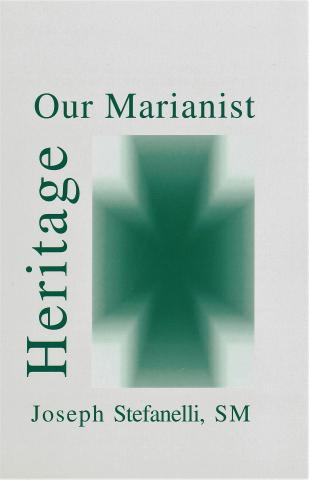by Joseph Stefanelli, SM
112 pgs. Revised edition, 2003
First published in 1974 and revised in 2003, this book began as retreat presentations in 1971. Its aim is to probe the life of faith, the centrality of Jesus Christ, the role of Mary, and the value of community. It probes some specific questions, such as, what is it about the Society of Mary that gives it a special role in the Church, and what is it about the Society that guarantees the diversity of gifts in the church.
In addition to laying out a bird’s-eye view of the times in relation to religious life (in the preface), the author discusses Father Chaminade’s spirituality (characterized by openness to reality), its scriptural and historical underpinnings, Mary and some of her titles, and the concept of community within the institute and within the Church as a whole.
The author includes other parts of Marianist heritage in the form of The Three Offices, The Three Categories, The System of Virtues, and Father Chaminade’s understanding of the apostolate.
Father Stefanelli asks very probing questions of the Society of Mary. While he spoke and wrote for the Society in particular, this book is an important orientation for lay Marianists in understanding the charism and apostolate they have committed themselves to, and points a direction in the formation that is needed to think, feel, and act as a Marianist.

